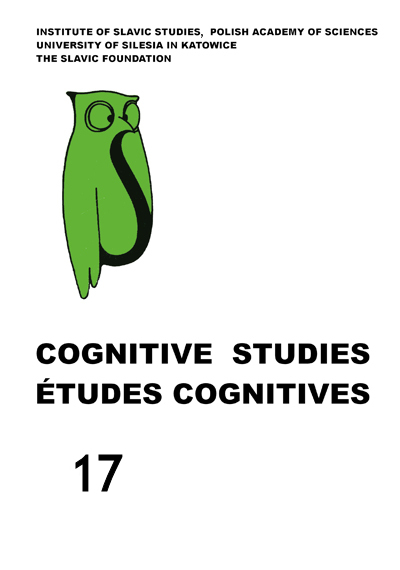On the argument-adjunct distinction in the Polish Semantic Syntax tradition
On the argument-adjunct distinction in the Polish Semantic Syntax tradition
Author(s): Adam PrzepiórkowskiSubject(s): Syntax, Semantics, Computational linguistics, Western Slavic Languages
Published by: Instytut Slawistyki Polskiej Akademii Nauk
Keywords: argument structure; semantic syntax; adjuncts; arguments;
Summary/Abstract: The aim of this paper is to examine the understanding of the Argument-Adjunct Distinction within the Polish Semantic Syntax (SS) tradition, associated with the name of Stanisław Karolak and presented in the nominally syntactic volume of the Grammar of contemporary Polish (Pol. Gramatyka współczesnego języka polskiego; Topolińska, 1984), especially in Karolak (1984) and Grochowski (1984), as well as in later work. Section 1 reviews the three approaches to determining the number and kind of arguments of a given predicate, as discussed in Karolak (1984), concentrating on the one that is endorsed there. Then, Sections 2–3 show that the key notions used in this approach have not been – and probably cannot be – made operational. Moreover, Section 4 briefly reviews some more recent Semantic Syntax work and shows that this lack of operational AAD in Karolak (1984) extends to the SS programme at large. Finally, Section 5 concludes that this deficiency, while common in linguistic theories, is particularly troublesome in the case of SS, which is founded on the notion of predicate-argument structure.
Journal: Cognitive Studies | Études cognitives
- Issue Year: 2017
- Issue No: 17
- Page Range: 1-10
- Page Count: 10
- Language: English

